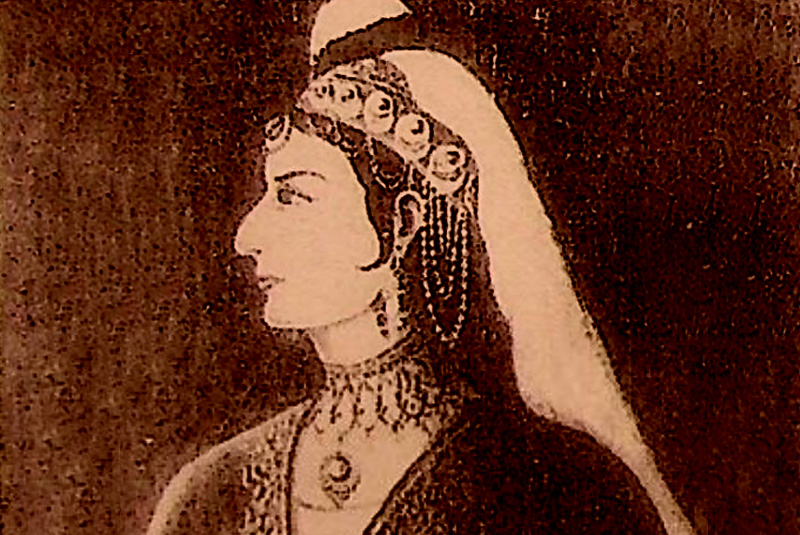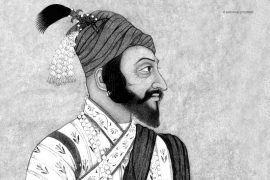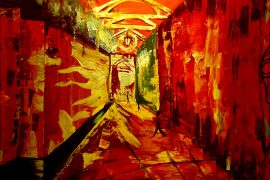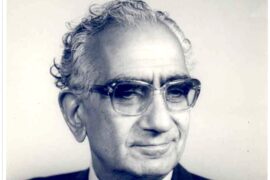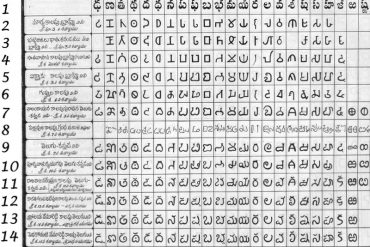Habba Khatun, the peasant-queen-poetess from the late 16th century Kashmir revived and gave a new literary turn to Kashmiri poetry during medieval period, after a gap of almost two hundred years since the legendry mystic poet known as Laleshwari or Lal-Ded traversed the landscape of Kashmir. She represented both a break and continuity with Laleshwari, in the sense that she was inspired by Sufism, but her poetry was earthly. Though known as the ‘nightingale of Kashmir’, there exists no authoritative historical account of Habba Khatun’s life. Her history has been mostly reconstructed from secondary sources and from distillation of lore’s surrounding her in Kashmiri popular memory.
In Kashmiri folklore, the story of Habba Khatun goes like this: She was born in a peasant family in the saffron town of Pampore. Her birth name was Zooni (moon), and she learnt to read and write from a local teacher. A local Sufi wanderer heard her singing one day, and enchanted with her voice took her under his tutelage. Under his guidance, young Zooni learnt Persian and began to write her own poems and songs. Later, she was married to an illiterate local peasant boy, Aziz. But Zooni remained aloof from the household life and kept herself immersed in poetry and singing. As the legend goes, one day the last independent Sultan of Kashmir, Yusuf Shah Chak was passing with his entourage and upon hearing her singing in the Chinar fields, was captivated by her beauty and sweet voice.
Yusuf Shah annulled her marriage and took her to the royal palace and prevailed on her to marry him. In 1570, Zooni married Yusuf Shah and changed her name to Habba Khatun (meaning ‘loved woman’) and became a member of the royal family. The marriage to Yusuf Shah gave a new kind of confidence and brought her limelight, but also put certain limitation upon her previous freedoms of rural peasant life.Reflecting upon this transformation of hers, Khatun wrote:
-30-
Copyright©Madras Courier, All Rights Reserved. You may share using our article tools. Please don't cut articles from madrascourier.com and redistribute by email, post to the web, mobile phone or social media.Please send in your feed back and comments to [email protected]

